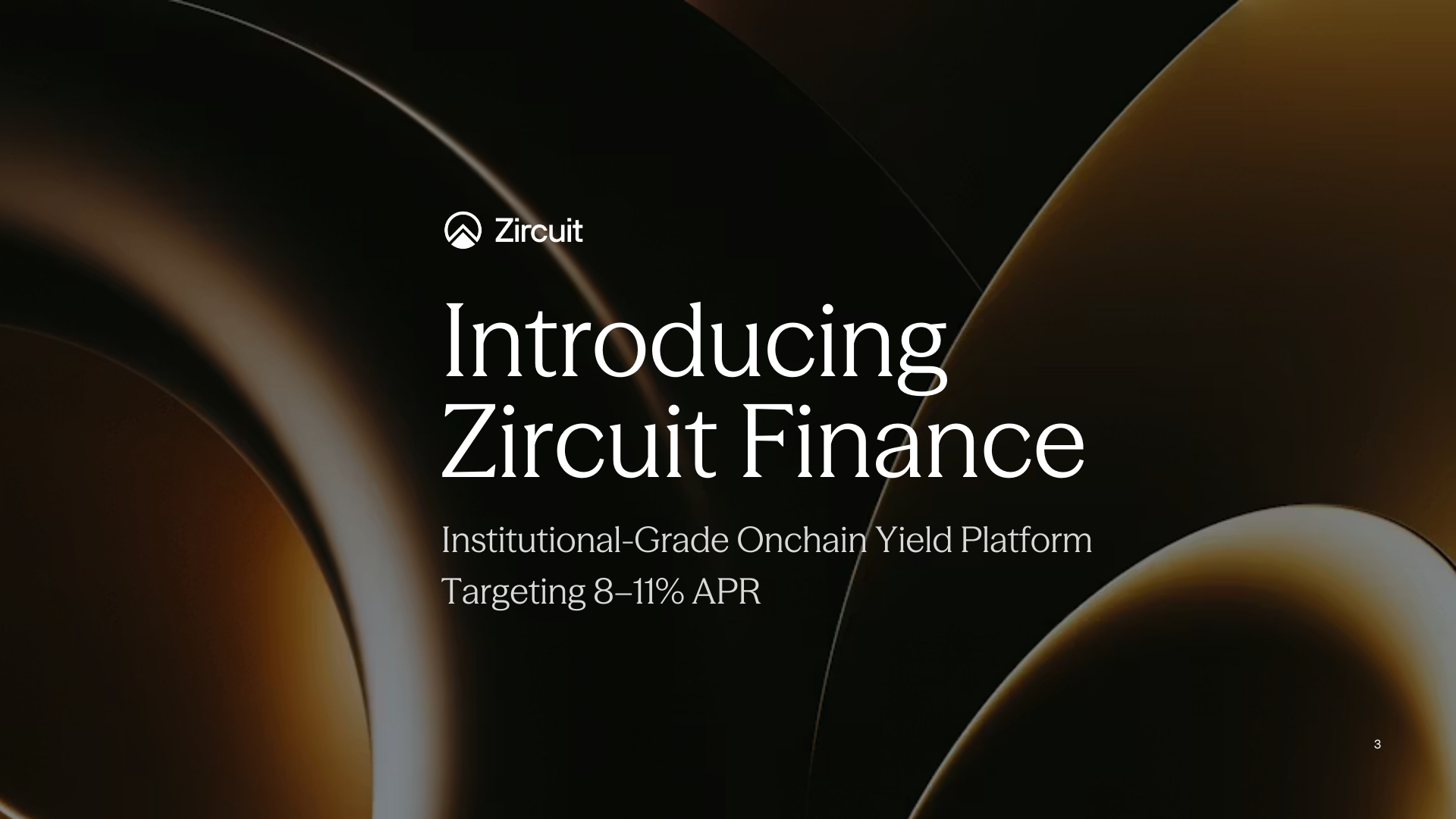Key Insights
- Bitcoin’s spot volumes have fallen 8% over the last week, despite falling to a 35-month low just last week.
- Binance raising trading fees for the BTC/TUSD pair may be the cause of the dramatic decline in Bitcoin spot trading activity.
- Investors with long positions may be selling to cut losses, according to CryptoQuant.
- BTC traders are aggressively shorting on both Deribit and Binance, according to Santiment. In the long run, this might do a lot to boost the price of Bitcoin.
- Liquidations are more likely to happen at the $26,600 and $27,650 levels.
Another FOMC meeting happened this week, and a few developments followed.
One was how the FED rate remained unchanged as the Federal Reserve chose to keep interest rates at the 20-year high it hit in July this year.
Bitcoin shot up in volatility right after the meeting. However, the flagship cryptocurrency’s price remained mostly unchanged.

CoinMarketCap data shows that BTC has taken a 1% beating over the last day, and is up by a little more than $1.5% over the last week.
BTC has now slipped below the $27,000 mark as its 24-hour volumes slumped by 5.5%, to about $13 billion.
We would all like to know from here:
Is Bitcoin’s imminent retest of $30,000 still possible?
K33 Research Shows Bitcoin Spot Volumes Fell By 8%
It turns out that short-term investors may be shying away from BTC for some reason.
According to a recent report published by K33 research, BTC spot volumes declined further and have now taken an 8% beating over the last seven days.
All of this is despite volumes falling to a 35-month low, just last week.

K33 attributes these trading woes something that happened recently on Binance, and the drop in BTC trading volumes that followed.

According to a tweet from blockchain and defi reporter, Colin Wu, the change in Binance trading fees for BTC/TUSD may be the cause of the dramatic decline in BTC spot trading activity.
Binance raised the trading fees for the BTC/TUSD pair from $0 to be dependent on “VIP status”.
The 7-day volume of BTC/TUSD sat at 380,000 $BTC before the announcement. However, right after the announcement, the 7-day trading volumes declined by 76% to 90,000 Bitcoins.
Investors With Long Positions May Be Selling To Cut Losses
Binance contributing to Bitcoin’s fall in trading volumes may not be the end of it.
CryptoQuant has now shown that investors have been selling their BTC over the last 30 days.
According to a recent post by the on-chain data/analytics provider on Twitter, there is now a massive amount of long squeezes on BTC, compared to the short squeezes.
According to an attached blogpost, ‘Long squeezes’ happen when investors with long (buy) positions sell some BTC to cut their losses in the bear market.
A short squeeze, on the other hand, is when investors with short positions buy to cut their losses in the bull market.
In this case, the number of investors with long (buy) positions selling their BTC to cut their losses now overshadows the buyers.

At the same time, CryptoQuant notes that this does not imply that the tables will reverse soon.
However, it does suggest that investors should be watchful for volatility spikes in the crypto market in the future.
BTC Traders Aggressively Short on Deribit and Binance- Santiment
According to a recent Twitter post by Santiment, BTC traders are aggressively shorting on both Deribit and Binance.
But wait! This might be good news.
Santiment says that investors selling so massively on these exchanges might cause a massive inflow of liquidations.
And when smaller traders get liquidated, bigger ones will become more poised to make their move.
In the long run, this might do a lot to boost the price of BTC and may cause a longer
Watch The $26,600 and $27,650 Levels
Coinglass, in a recent post on Twitter, recently shared some interesting developments (also relating to liquidations).

According to Coinglass, the BTC/USDT heatmap shows that liquidations are more likely to happen at the $26,600 and $27,650 levels.
Bitcoin currently trades at $26,767 and is only a hair length away from the aforementioned $26,600 level.
Investors may want to avoid liquidation by keeping this in mind as BTC continues to print more candles.
Just like Santiment says in the previous section, if liquidations occur around this $26,600 level, we may see a Bitcoin price rebound and a rally straight up to $30,000.
Is BTC Ready To Retest $30,000?
Regardless of the current short-term weakness BTC and the crypto market is facing, cryptocurrencies are likely to witness a pick-up in volatility following the Fed’s rate decision.

Bitcoin has slipped below $27,000 over the last day and is trading at the $26,700 zone.
However, this price weakness can be attributed mostly to the short-term sellers, and how Bitcoin recently hit resistance around $27,458.

According to metrics from CryptoQuant (illustrated above), Bitcoin’s exchange reserves are declining, indicating that the long-term holders are unfazed by Bitcoin’s price weakness, and are pulling their Bitcoin from exchanges.

Bitcoin is bound to experience some degree of price weakness as fear from the FOMC meeting’s aftermath fades. However, if the relevant support zones ($26,600 and $25,250) hold, Bitcoin may see a quick price recovery and will be ready to enter a rebound towards $30,000.
Disclaimer: Voice of Crypto aims to deliver accurate and up-to-date information, but it will not be responsible for any missing facts or inaccurate information. Cryptocurrencies are highly volatile financial assets, so research and make your own financial decisions.









